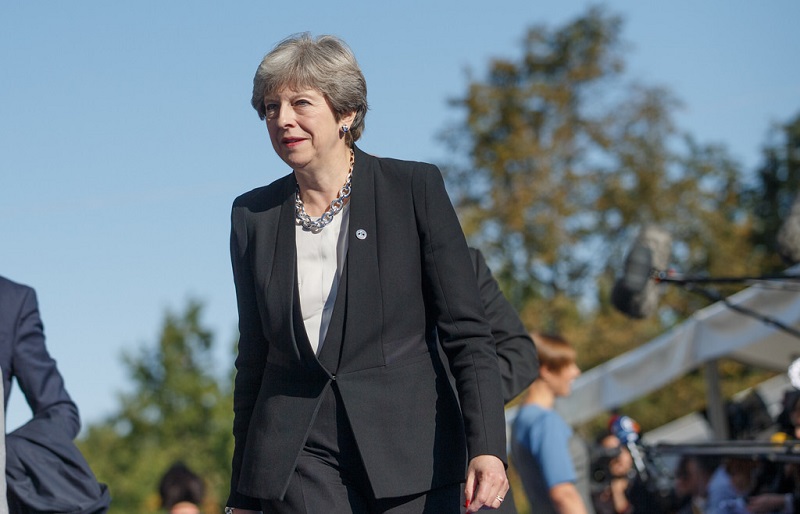
Although male over-representation in politics is a worldwide phenomenon, the executive is the most male-dominated branch. There have been very few women presidents and prime ministers. The figure has stagnated since 1990 at twenty female national leaders per year. In recent years their presence has even decreased: in December 2017 there were only thirteen female leaders of their respective country.
Tània Verge and Javier Astudillo, lecturers with the Department of Political and Social Sciences at Universitat Pompeu Fabra Barcelona (UPF) and members of the Institutions and Political Actors Research Group, are the authors of the article “The gender politics of executive candidates election and reselection”, published in October 2018 in the European Journal of Political Research.
In their work, they provide new hypotheses and empirical data on the “gender of politics” of the top executive offices, including both the selection and the reselection phases as a candidate, and conclude that in all these processes, the rules of the game are heavily gender-skewed.
Analysis of the people who have run for presidency in different European regions
Due to the low number of female national leaders and considering that holding the presidency of a region is often a springboard to achieving the presidency of a nation in the case of men, this article focuses on those who ran for presidency in several regions of Western Europe during the period 1990-2016. To do so it uses two original databases with regional party leaders and candidates from four different countries: Austria (9 regions), Germany (16 regions), Spain (17 regions), and the UK (3 regions).
“The empirical results indicate that we cannot assume that individual characteristics as well as organizational and institutional factors operate in the same way for male as for female politicians. In fact, the question ‘why are there so few women?’ has been accompanied by the question ‘why are there so many men?’, the other side of the coin”, says Tània Verge.
Individual, organizational and institutional factors affecting selection
The study shows that, with regard to individual factors affecting selection, the over-representation of men is not the result of tangible qualities such as merit. Indeed, female candidates have more political experience in public positions than men, especially at national level. In addition, it should be noted that in the natural springboard for nomination, presiding the party at regional level, is far more advantageous for male candidates.
To compensate for this disadvantage, women must have overcome their rivals in the competition for the leadership of the party by a large margin of votes, i.e., they must be undisputed leaders. Moreover, “the fact that having children only has a negative impact on the selection of women candidates speaks of the biased organizational dynamics in favor of men that scarcely enhance the reconciliation of family life that still predominates in political institutions and sustain male politicians as the ‘norm'”, states Verge.
As for the organizational factors, the party ideology and the selection method do not affect the selection of male or female candidates. However, the party’s culture of equality is decisive. In this regard, the parties with more feminized organizational structures and parliamentary groups more often choose female candidates for prime minister, according to the study.
If we look at the institutional level, the presence of women as MPs or former prime ministers has a similar positive impact. The political context also establishes different opportunities according to individuals’ gender: “Female candidates are more often selected when there is less at stake for the political parties, but they are less likely to be reappointed when they experience a loss of votes, which is inevitable in the context of the low popularity of their party”, Verge explains.
In addition, the factors that normally protect male candidates seeking reselection, such as being the outgoing prime minister or party leader, do not act as a safeguard in the case of female candidates. These political resources are more valued in men, and women are required to have more extensive political experience to achieve reselection as candidates.
“The results of the study indicate that the use of gender as a control variable is not enough. Gender must be included as an analytical variable in studies of political recruitment. Not doing so may lead to major errors in the analysis of politics and to disregarding the explanations of inequalities and their effects on the distribution of power in organizations and institutions”, concludes Verge.


